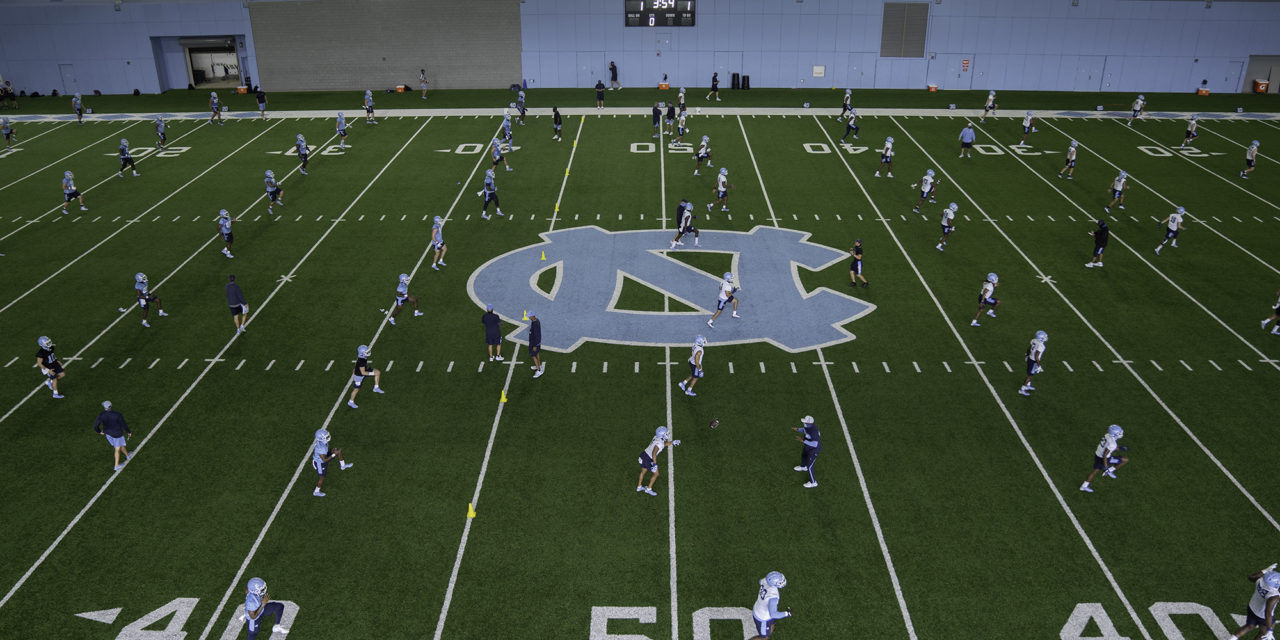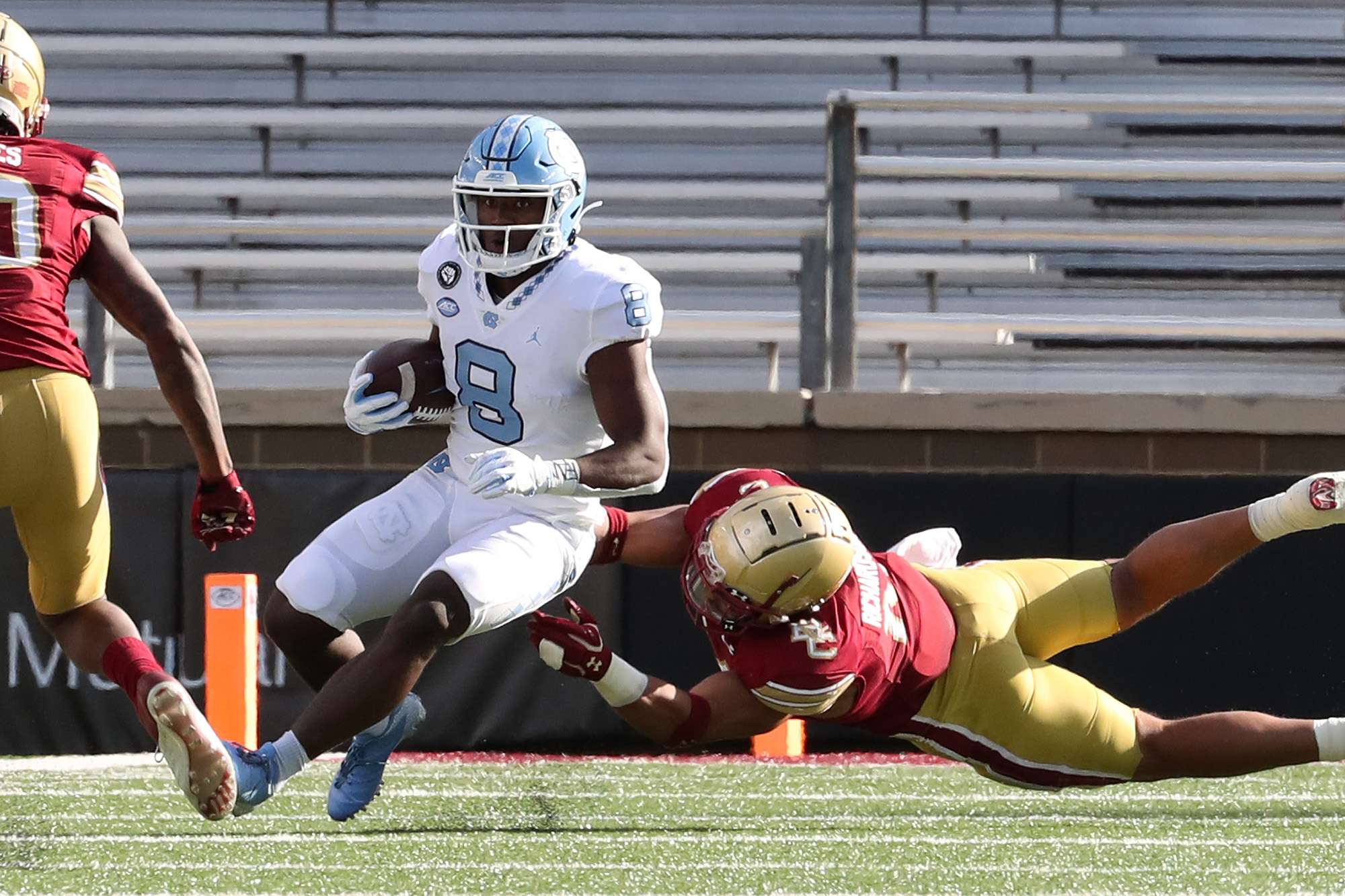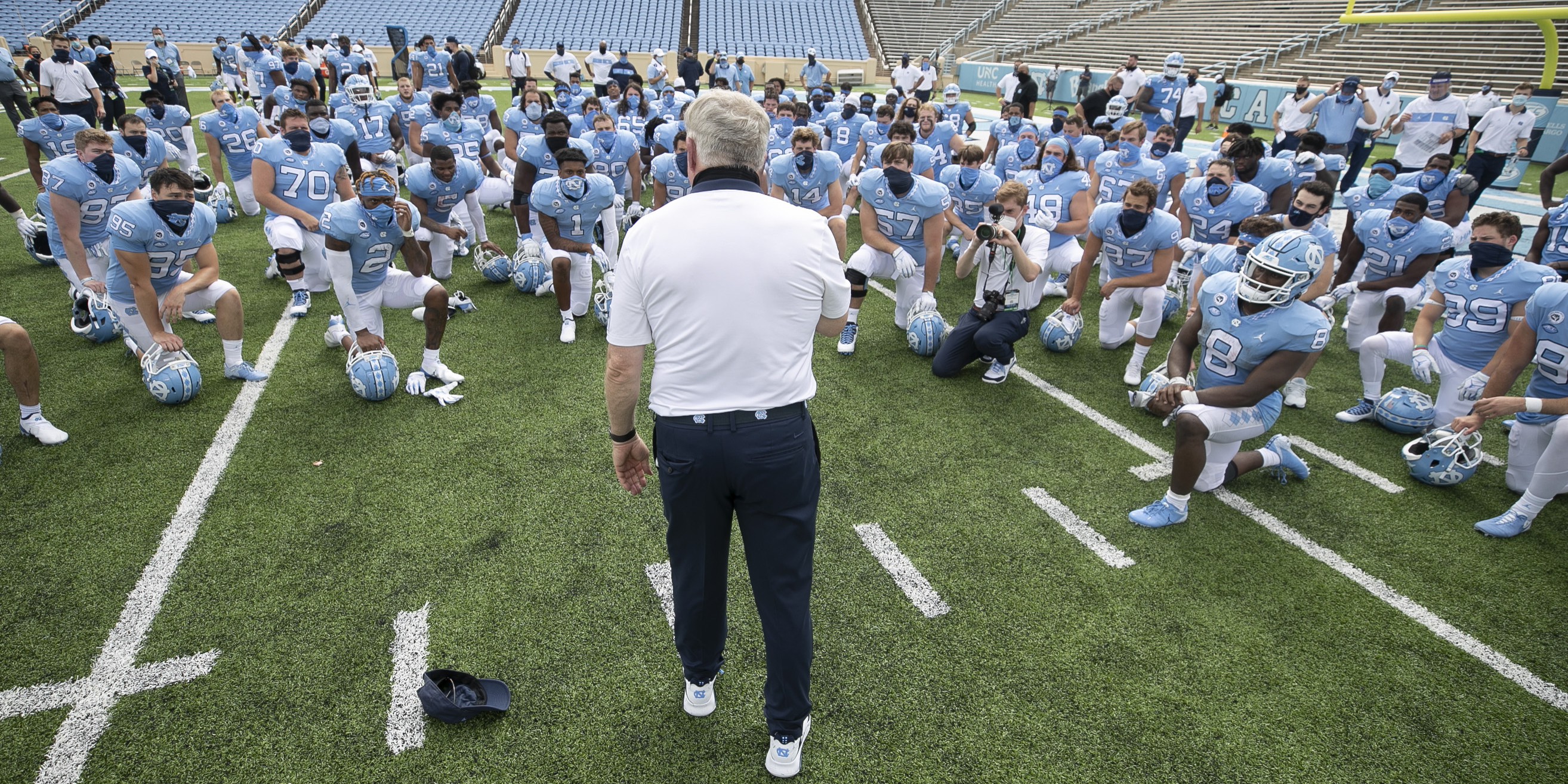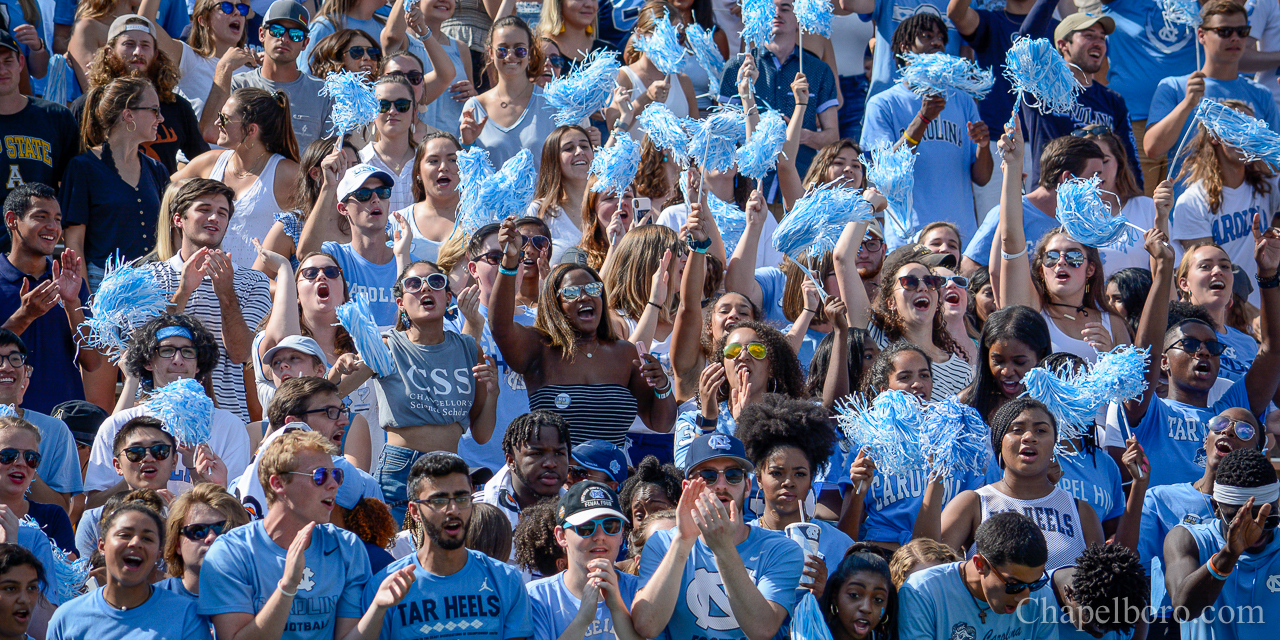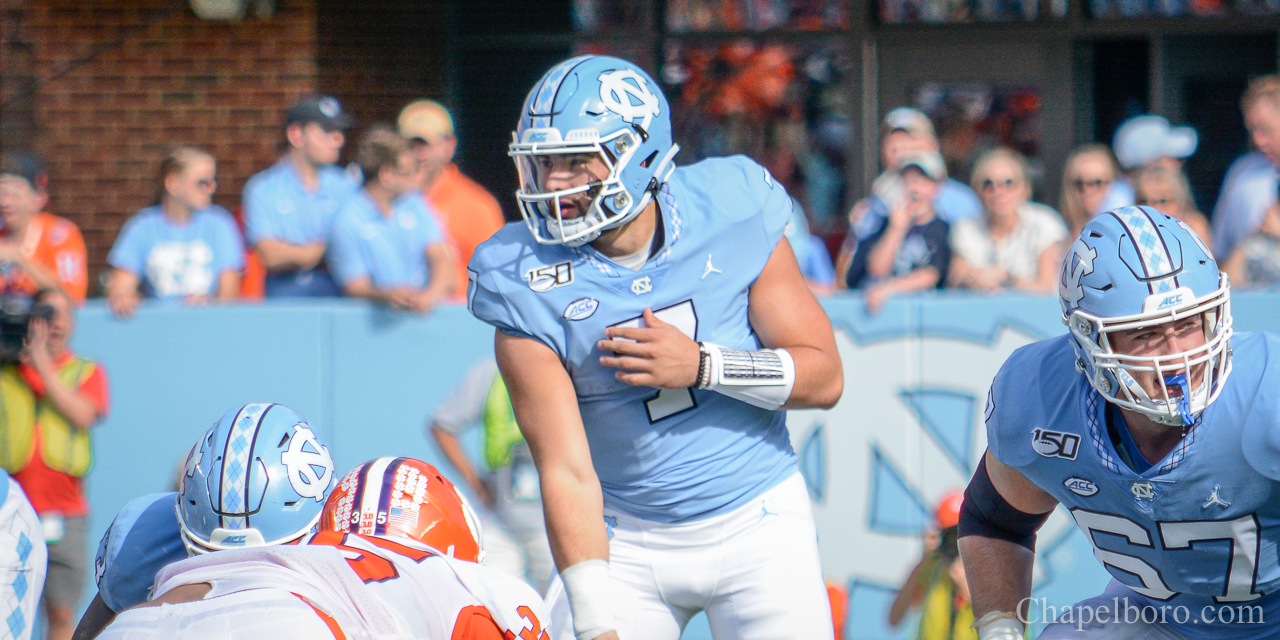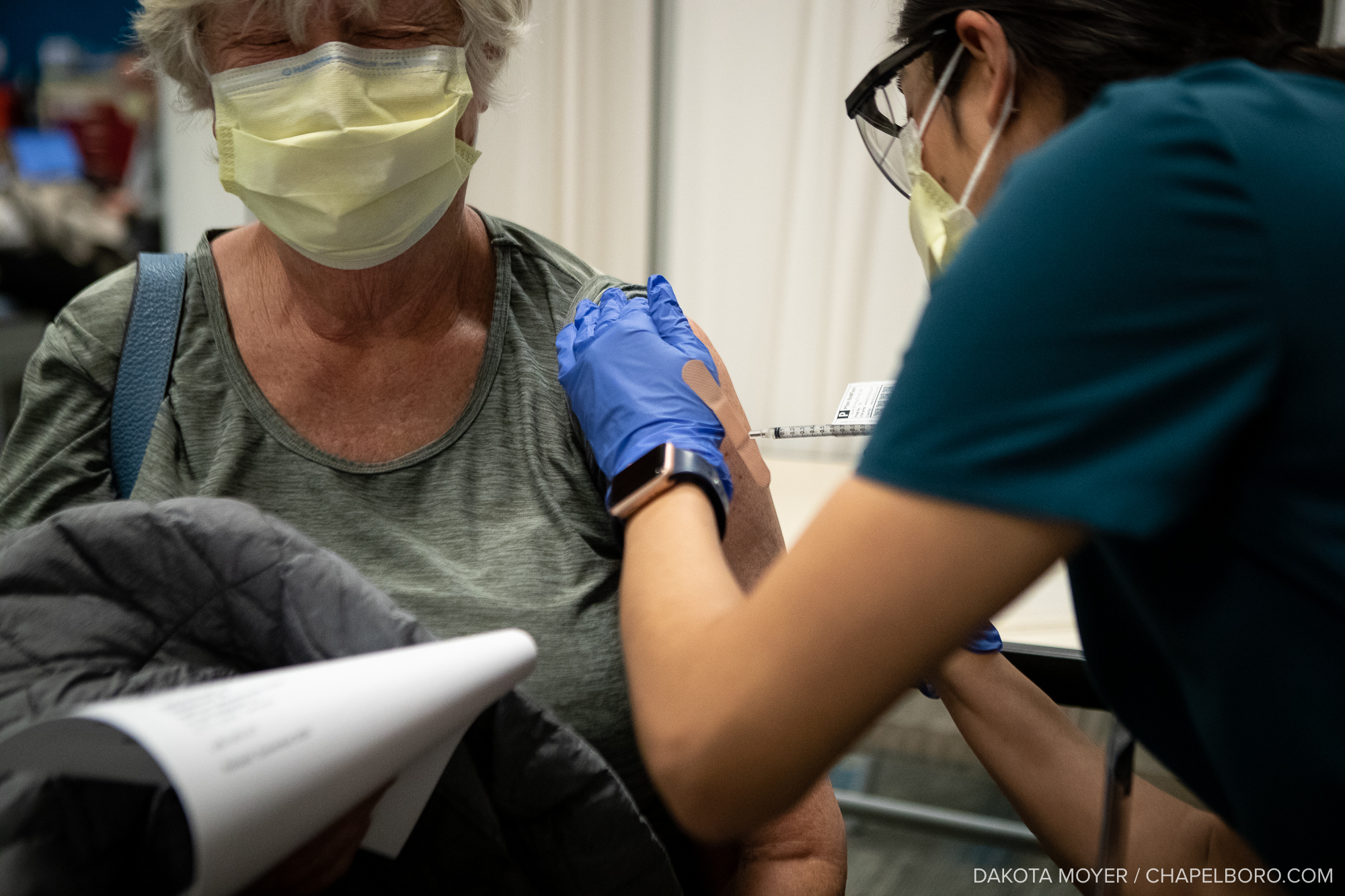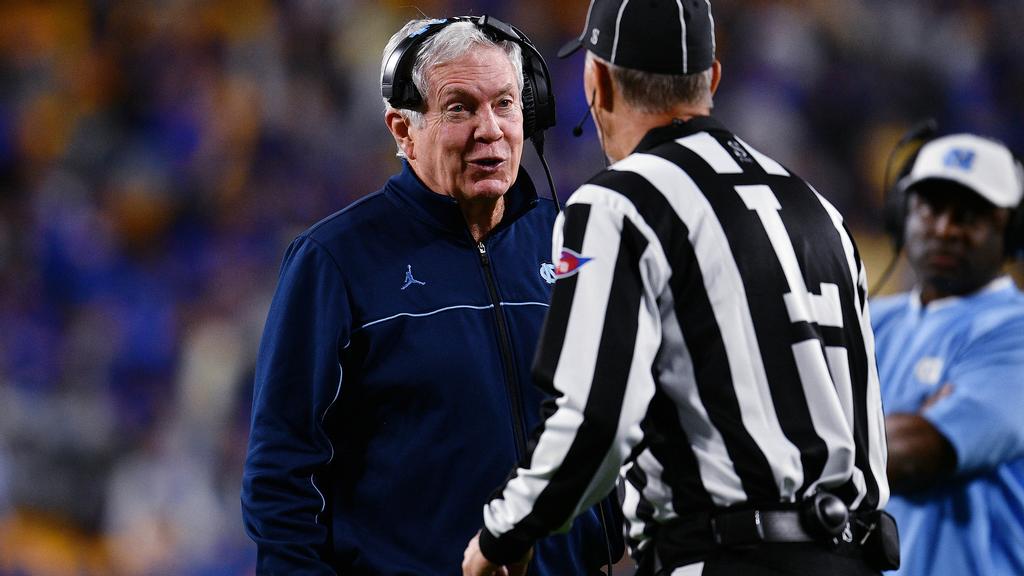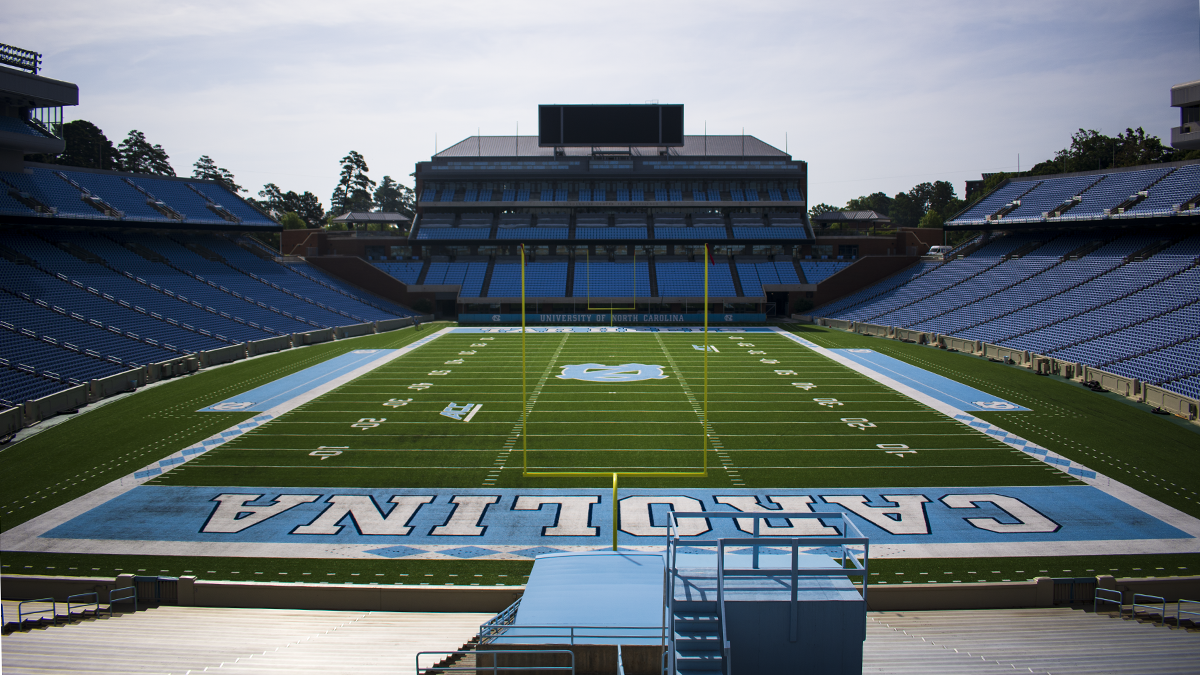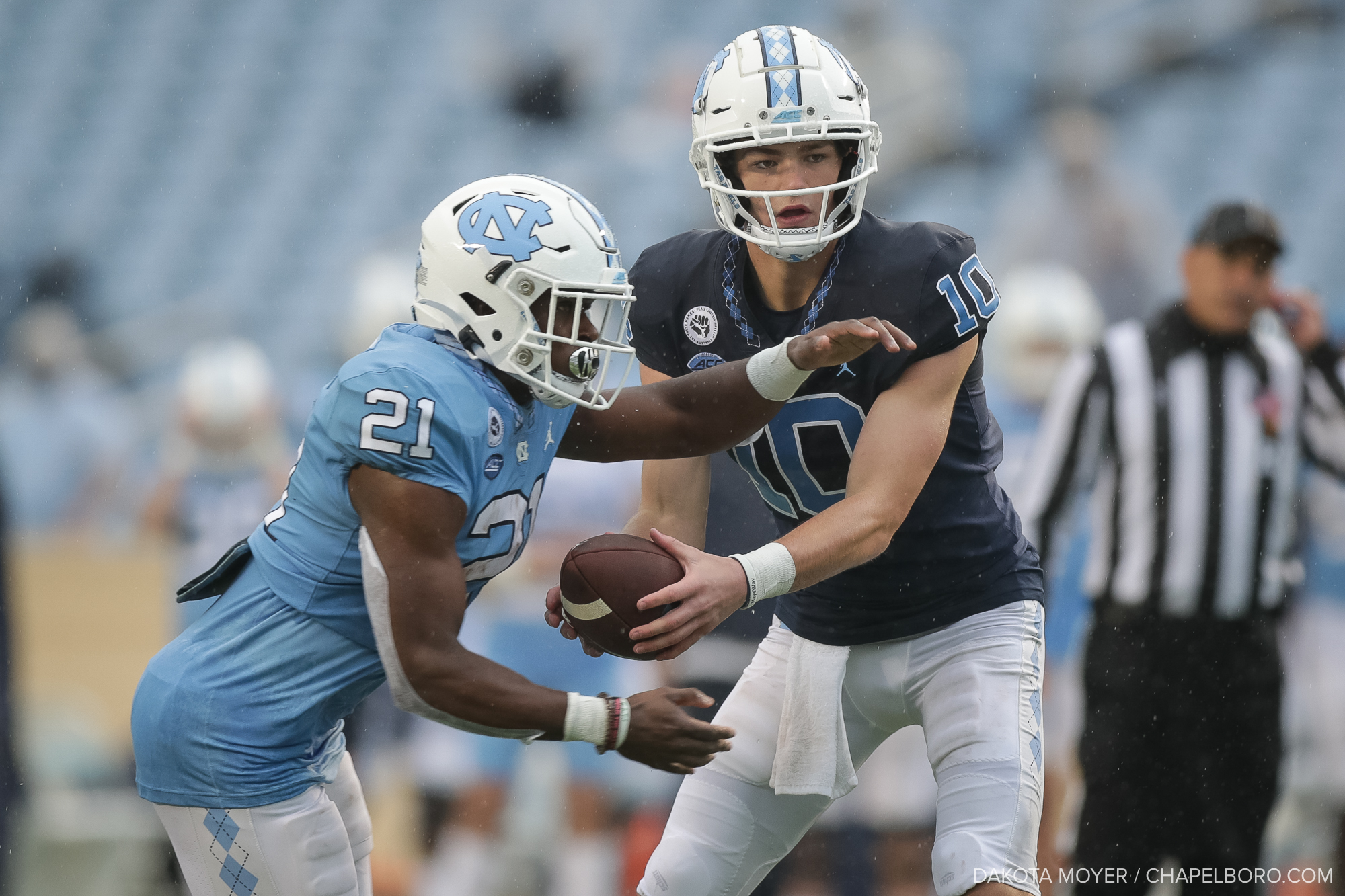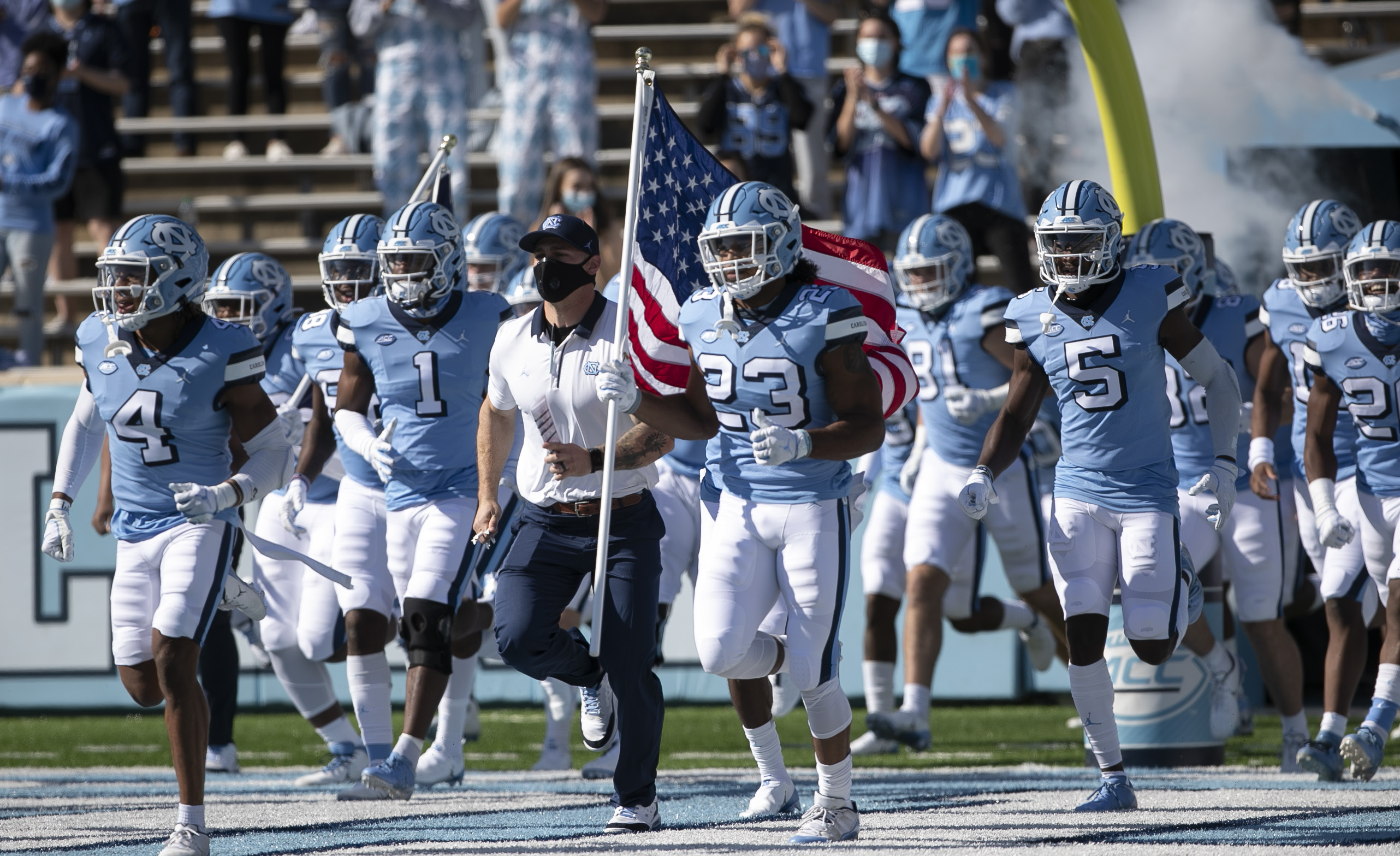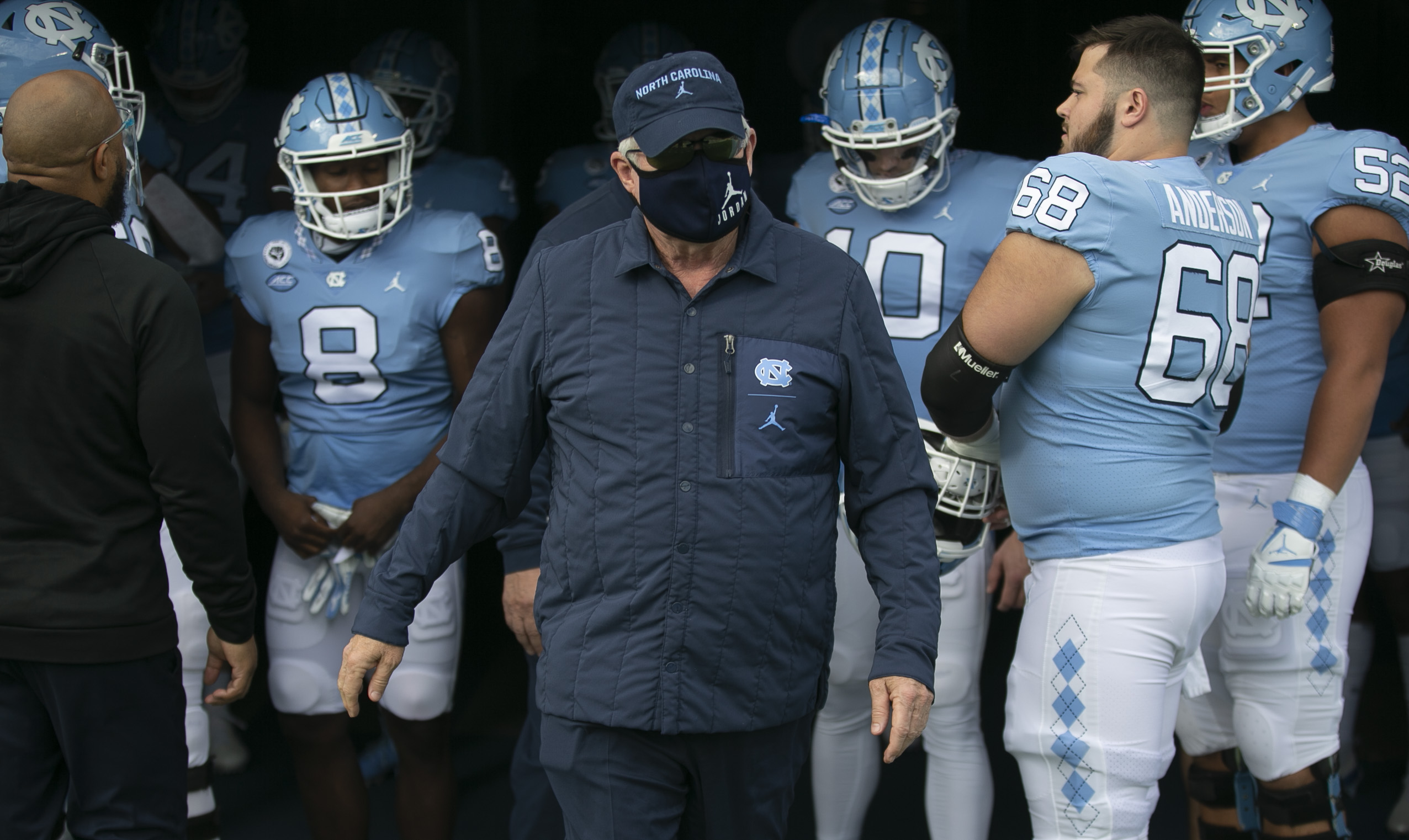A Carolina Athletics head physician says he’s optimistic heading into a fall sports season with so much uncertainty due to the COVID-19 pandemic.
“I get more optimistic as we get closer,” Mario Ciocca told 97.9 The Hill’s Art Chansky. “I think there’s been a lot of work that’s gone into this. I think we’ve tried to make things as safe as possible.”
Ciocca has served as a team physician at UNC since 1996 and was appointed the Director of Sports Medicine in 2010. He currently serves as the head primary care physician for football, baseball, and men’s soccer teams and is Carolina’s representative on the ACC’s 15-physician Medical Advisory Group (MAG).
With UNC’s football season set to begin on Saturday — and other fall sports not far behind — the university will be testing athletes three times a week in accordance with ACC protocols. One of those weekly tests will be on Friday, Ciocca said, with the results being made available on Saturday before kickoff. Any positive player or coach will not participate in that week’s game. “Anyone that’s playing or participating and going to be on the sideline and the bench area, they have all tested negative,” Ciocca said.
Ciocca, however, acknowledged that COVID-19 tests are not always accurate at this stage of the pandemic.
“Tests aren’t 100 percent perfect. You could get a false negative, but if you’re testing three times a week,” he said, “if someone tests negative one time and they actually have the disease, they should test positive the next time, right? So hopefully the frequency of testing helps with that.”
The current tests UNC administers are called PCR tests. It involves a nasal swab that goes in through the nose and reaches to the back of the throat. Ciocca said they are “sensitive tests” that will pick up traces of COVID-19 better than other tests.
Those tests come at a cost. Ciocca said the swab kits cost $85 to $130 per test. He acknowledged UNC will be completing close to 1,000 tests per week when competition is in full swing. Those tests will be from all fall student-athletes, not just football players.
“The ACC has determined that volleyball, men’s and women’s soccer and field hockey are high-risk sports as well regarding potential infection spread,” Ciocca said.
During the spread of the pandemic, medical professionals have determined a correlation between COVID-19 and myocarditis, which is an inflammation of the heart muscle that can lead to death in some cases.
The concern around myocarditis has already caused major shifts in the sports world. Red Sox pitcher Eduardo Rodriguez was diagnosed with myocarditis after a battle with COVID-19. In August, the team shut him down for the remainder of the 2020 season as he recovers. Additionally, the risks around myocarditis were reportedly part of the decisions by the Big 10 and Pac-12 to postpone their athletics seasons.
Ciocca said both UNC and the ACC have a plan to test for myocarditis. When a player tests positive for COVID-19, a complete EKG will be performed to detect whether there’s signs of myocarditis. Additionally, a troponin test and echocardiogram ultrasound will be performed to further analyze the heart.
“Normally if someone has myocarditis, then they are at risk for developing irregular heart rhythm when you combine intense exercise, athletics with the inflammation and some of the scarring that you can get from myocarditis,” he said.
Ciocca clarified that it takes three to six months for myocarditis to go away before intense activity can resume.
As the fall sports season kicks off, Ciocca said there are still many rules regarding health and safety to figure out. The six-feet, 15-minute rule developed by the Center for Disease Control to gauge someone’s risk of exposure does not translate well to sports, especially football.
“When you look at your contagious time or when can you pass this on, most people think there is 48 hours before you come sick,” Ciocca said. “Let’s say we play Syracuse, and then one of their guys test positive on Monday, that would mean 48 hours before when we played them that person potentially had contact with some of our players. And so it’s not foolproof, but you’re trying to get as tight as you can.
“These rules,” said the physician, “they weren’t made for sports, right? These are different territories we’re [examining].”
UNC and other ACC teams are set to play an 11-game schedule in 2020, but Ciocca said he would not be shocked if there were some cancellations due to the spread of the virus.
“I think it’s gonna be a week-to-week thing,” he said. “I think it would be naive to think that no one’s going to have any cases on their teams and run into some issues. And so I’d be very surprised that we went through the whole season with no one having a cancellation.”
UNC kicks off its 2020 season against Syracuse on Saturday at noon. Pregame coverage can be found on 97.9 The Hill beginning at 9 a.m.
Chapelboro.com does not charge subscription fees. You can support local journalism and our mission to serve the community. Contribute today – every single dollar matters.

